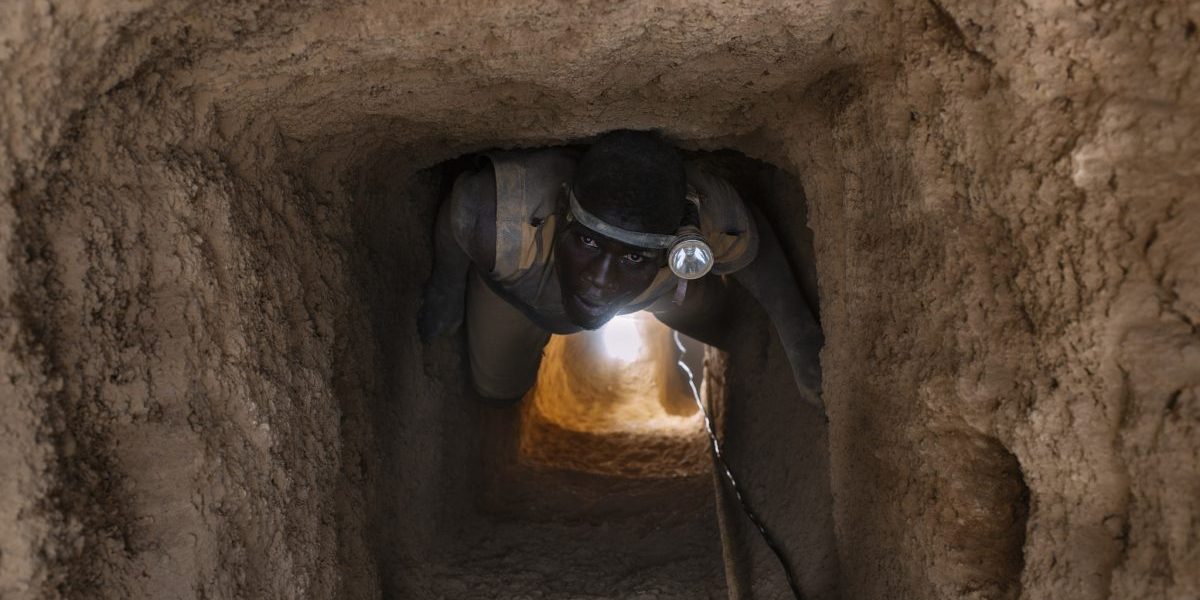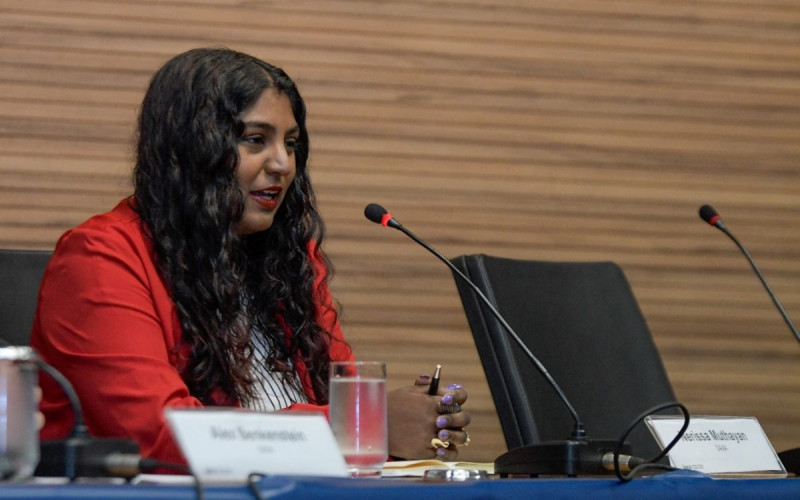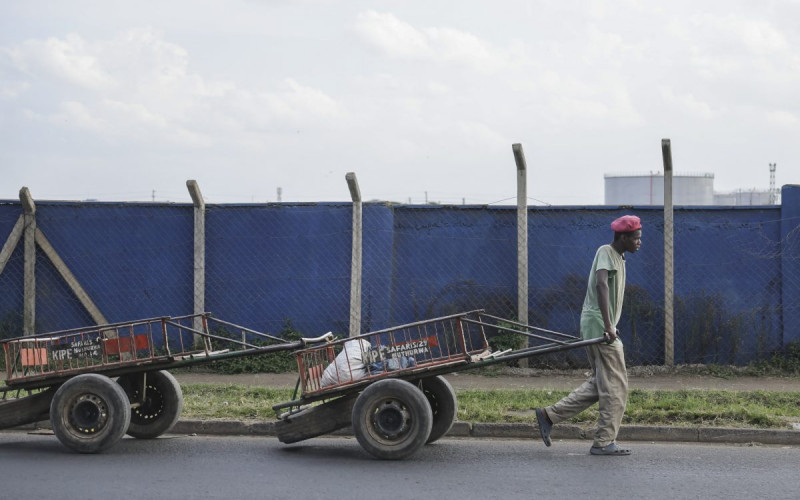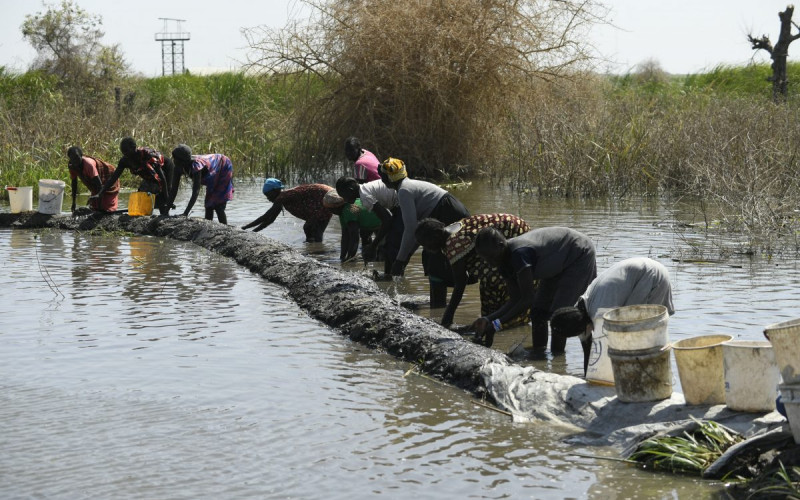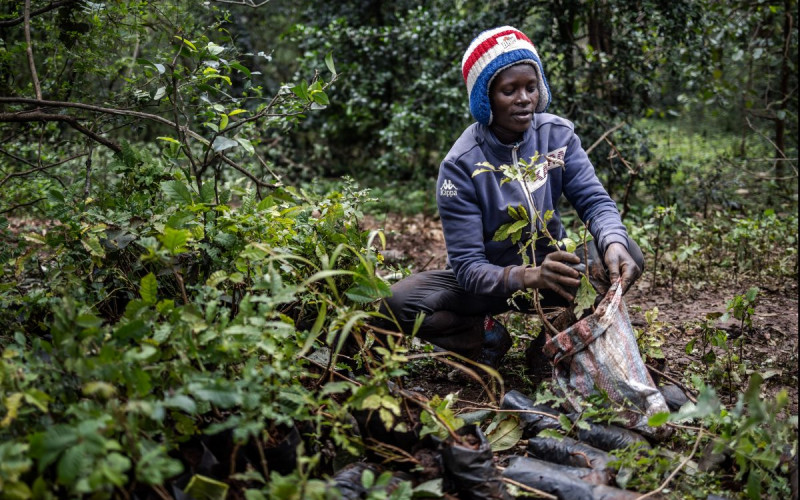These were the urgent need to hasten regional energy integration and the need for Africa to properly strategise on and harness the role of financial markets in the quest for energy security.
Despite being endowed with enough oil and gas as well as hydropower potential to meet all its energy needs, significant access to energy challenges confront Africa. With 700million people sharing 1% of the world’s electricity, only 23% of Africa’s population has access to electricity. The World Energy Council, as did the conference, notes that a major reason for the failure to achieve high energy access rates is because energy planning and service provision in Africa has been limited to the nation state. This approach has been sub-optimal because whilst national authorities only plan for the geographical area, energy sources do not respect these boundaries. This results in a failure by African states to diversify their energy sources by tapping onto cross-border sources. In addition, African national markets are too small to attract investments. This has led to a failure to attract required investment finance. This status quo underscores the importance of regional energy integration.
Put simply, by expanding the market size, regional energy integration can facilitate the mobilisation of required investments. This simultaneously eliminates narrow focussed national planning enabling member states to diversify their energy sources beyond national borders. The World Bank for example estimates that the optimal operation of the Southern Africa Power Pool (SAPP) has the potential to realise savings of up to US$1.6 billion over ten years for the region.
Whilst the Southern African region has undoubtedly benefitted from the SAPP, there arguably remains a lot to be done to accelerate the benefits of this arrangement. Firstly there is the need for SAPP to look at ways of moving beyond electricity and incorporating other energy types.
Furthermore, the operation of regional power pooling needs to be optimised. The SAPP is still a ‘loose pool’ with each national utility maintaining authority over electricity generation and transmission in their respective countries. This has preserved the sub-optimal and narrow tendency of national energy planning referred to earlier. The fact that SAPP member countries operate under different legal frameworks complicates matters further. Additionally, SAPP’s current setup is one that potentially brings in future conflict of interest issues. As a regional power coordinator, SAPP is necessarily plays a quasi-regulatory role. Additionally, it is a market for the exchange of surplus energy (at below market prices); making it a regulator and a player.
To remedy this and facilitate faster regional energy integration, the creation of a regional energy regulatory is imperative. This would remove the quasi-regulatory role of the SAPP whilst also facilitating and ensuring the coordination and harmonisation of energy policies in member states.
Additionally and to boost energy investments, ensure transparent pricing and better manage risk; the idea of a regional bourse where energy products can be traded must be actively pursued. A major benefit of such a move is that it would incorporate the private sector actively into the regional integration agenda, turf that has always almost exclusively been for the politicians.
The United Nations Economic Commission for Africa contends that, ‘An integrated regional stock exchange in Africa will be a powerful source and driver of capital flows to Africa’. It goes on to note that ‘Such an exchange will also, if well structured, solve the current problems of illiquidity, small size and fragmentation’.
A properly structured regional bourse would greatly reduce information asymmetry in the regional energy market. Greater transparency in market information would, in turn, facilitate certainty and reduce risk. This has the ability to drive more efficient exploration investment, production, financing and pricing mechanisms. Counterparty risk, the risk that either party to a contract will default, would also be greatly reduced. More importantly, transparency would then lead to a pricing more cognisant of African demand and supply fundamentals. This would be an improvement to the current situation in which energy prices in the region are largely determined by factors overseas.
Africa is blessed with abundant energy resources. Despite the recent burst of the commodity price bubble, sentiments emerging from players in the energy sector at the 10th Southern Africa energy conference were that this is a cyclical adjustment and that over the medium to longer term commodity prices will recover and might even spiral. Similar sentiments emerged from the recently concluded Mining Indaba in Cape Town.
Regional energy integration is a pre-requisite that will ensure an enabling environment for the establishment of a well structured regional bourse. Whereas energy integration is largely public policy terrain, establishing a regional bourse is largely the terrain of the private sector. The private sector, due to many varied reasons, has been known to get things done faster than the public sector. However it is imperative here that the public sector puts in place the necessary policy and legal environment.

